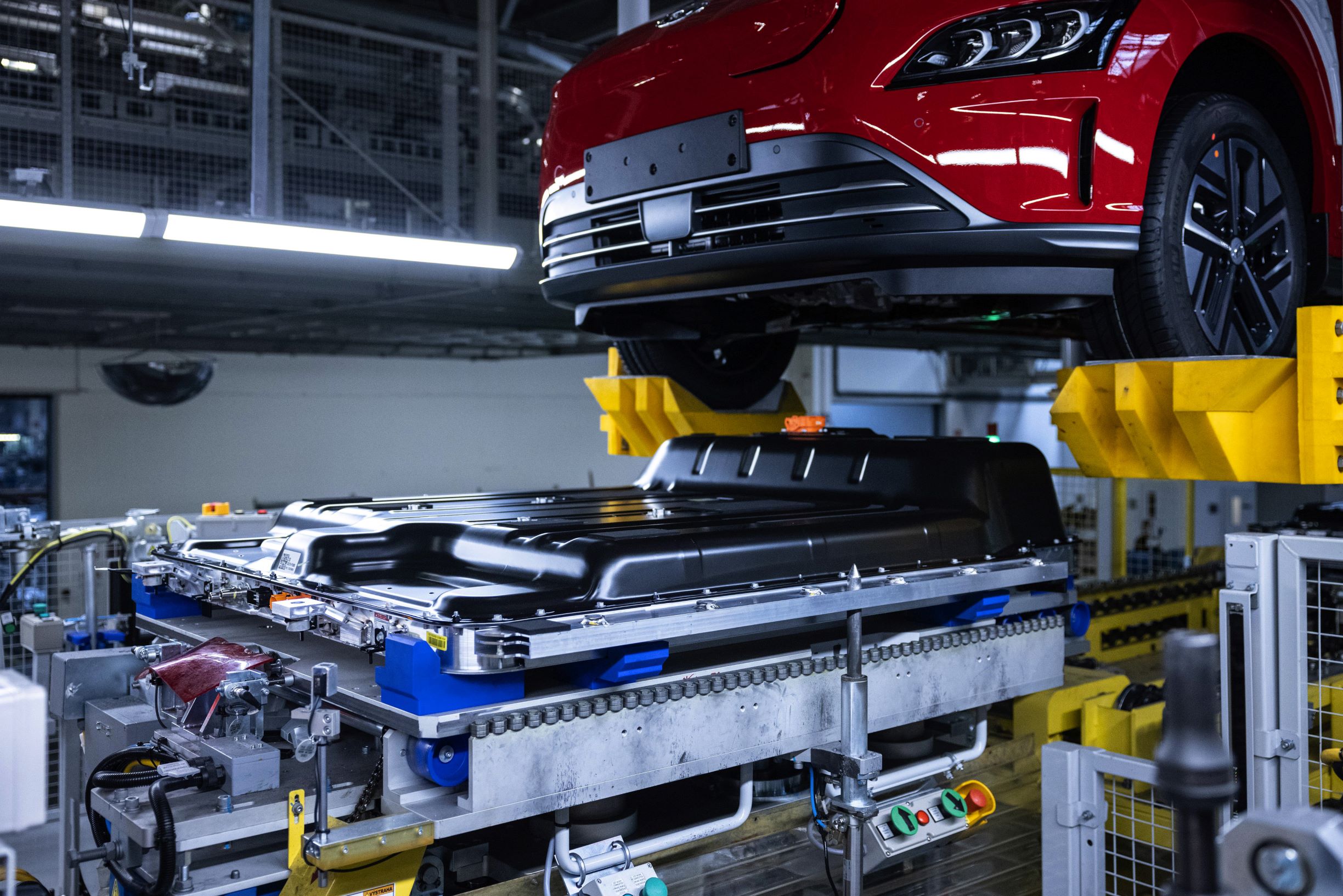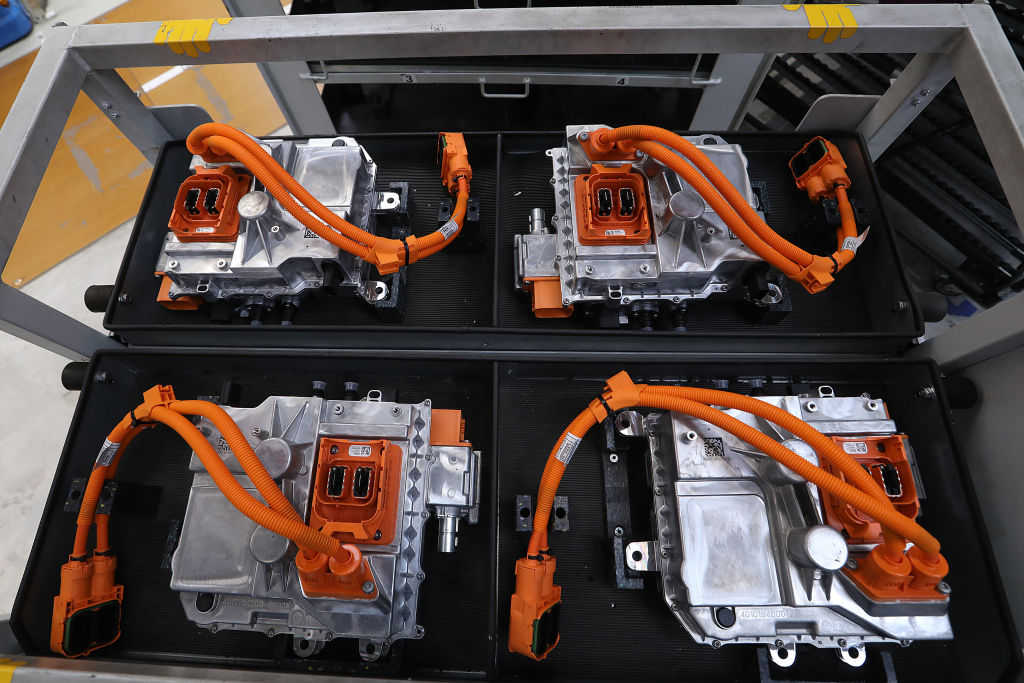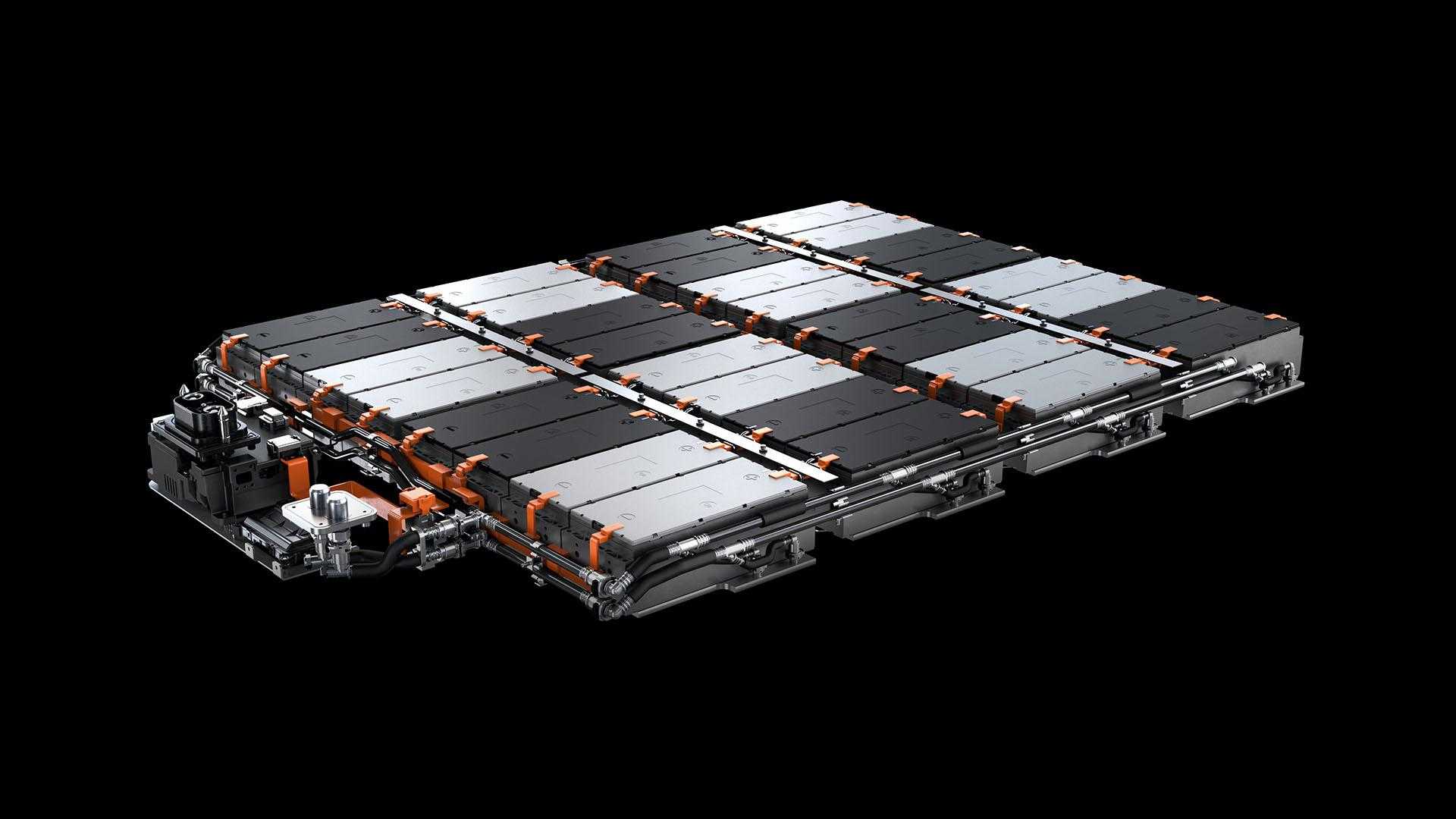Electric vehicles have been rapidly gaining popularity in recent years as people become more aware of the impact of fossil fuels on our environment. However, as with any new technology, there are still many questions and concerns about the electric vehicle (EV) battery. One of the most common questions is about the difference between gross and usable battery capacity and what that means for the range of an electric car.
What is Gross Battery Capacity?
Gross battery capacity refers to the total amount of energy that the battery is capable of storing when fully charged. This includes all of the cells within the battery, and is usually measured in kilowatt-hours (kWh). For example, the Hyundai Kona Electric has a gross battery capacity of 64 kWh.

It is important to note that the gross battery capacity does not indicate how much of that energy can actually be used to power the vehicle. This is where the usable battery capacity comes in.
What is Usable Battery Capacity?
Usable battery capacity is the amount of energy that can actually be used to power the vehicle. This is typically less than the gross battery capacity due to a variety of factors such as temperature, driving style, and the age of the battery. The usable battery capacity is what determines the range of the vehicle, or how far it can travel on a single charge.
For example, the Tesla Model S Long Range has a gross battery capacity of 100 kWh, but its usable battery capacity is around 95 kWh. This gives it a range of about 402 miles on a single charge.

Factors Affecting Usable Battery Capacity
As mentioned earlier, there are several factors that can affect the usable battery capacity of an electric vehicle. Here are some of the most common:
Temperature
Extreme temperatures, both hot and cold, can reduce the capacity of the battery and affect the performance of the vehicle. When the battery is too cold, it can take longer to charge and may not be able to discharge as quickly. In extreme heat, the battery can degrade more quickly, leading to a shorter overall lifespan.
Driving Style
The way you drive your EV can also affect the usable battery capacity. Aggressive driving, such as rapid acceleration or sudden braking, can result in more energy being used and can reduce the range of your vehicle. Additionally, traveling at high speeds can also reduce the range of the battery.
Battery Age
Over time, the usable battery capacity of your EV will naturally decrease. This is because the battery cells will gradually degrade and lose their ability to hold a charge. Battery degradation rates vary depending on the make and model of the vehicle, but most modern EVs come with warranties that cover battery performance for a certain number of years or miles.
What Can You Do to Maximize Your EV's Range?
There are several things you can do to help maximize the range of your electric vehicle:
Drive Efficiently
One of the most effective ways to increase your EV's range is to drive efficiently. This means avoiding rapid acceleration, hard braking, and high speeds. If you can plan your route ahead of time to avoid traffic and other obstacles, you can save even more energy.
Maintain Your Battery
Regular maintenance is essential for maximizing the lifespan and performance of your electric vehicle's battery. This includes keeping it clean, avoiding extreme temperatures when possible, and making sure it is charged to an appropriate level.
Use Regenerative Braking
Many electric vehicles come equipped with regenerative braking, which helps to convert kinetic energy into electrical energy that can be stored in the battery. This can help to extend the range of your vehicle and reduce the overall wear and tear on the brakes over time.
Choose the Right Charging Option
There are several different ways to charge your electric vehicle, including at home, at public charging stations, and at fast-charging stations. Choosing the right charging option for your needs can help to maximize the range of your vehicle and reduce charging time.
Use Apps and Tools
There are several apps and tools available that can help to optimize your EV's driving range. These include trip planners, which can help you find the quickest and most efficient route to your destination, and range calculators, which can estimate your vehicle's range based on factors such as temperature, driving speed, and terrain.
What is the Lifespan of an Electric Vehicle Battery?
Another common question about electric vehicle batteries is how long they will last. The lifespan of an EV battery can vary depending on a variety of factors, including the make and model of the vehicle, the temperature and climate in which it is used, and how it is charged and maintained.

Most modern EV batteries are designed to last for several years, with many manufacturers offering warranties that cover battery performance for up to 8 years or 100,000 miles. However, the actual lifespan of the battery will depend on a variety of factors and may be shorter or longer than this.
One of the key things that can affect the lifespan of an EV battery is the depth of discharge. This refers to how much of the battery's energy is used before it is recharged. If an EV battery is consistently discharged to a very low level, it can lead to decreased battery performance and a shorter overall lifespan.
Another important factor is the way the battery is charged. Using fast chargers regularly can put more stress on the battery and can lead to a shorter overall lifespan. Additionally, charging the battery to its maximum capacity on a regular basis can also reduce its lifespan over time.
Who are the Biggest Electric Vehicle Battery Makers?
Electric vehicle batteries are a rapidly growing industry, and there are several manufacturers that are leading the way in producing high-quality, reliable batteries for EVs. Here are six of the biggest electric vehicle battery makers in the world:
Tesla
Tesla is one of the most well-known and highly respected electric vehicle manufacturers in the world. In addition to producing some of the most popular EVs on the market, Tesla is also a leader in battery technology, with their batteries known for their high quality and long lifespan. Tesla's batteries are used in their own vehicles as well as those of other manufacturers such as Mercedes-Benz and Toyota.
Panasonic
Panasonic is another major player in the electric vehicle battery market. They are the exclusive battery supplier to Tesla and are responsible for producing the batteries used in their vehicles. Panasonic also produces batteries for other automakers such as Ford, BMW, and Toyota.
LG Chem
LG Chem is a South Korean company that produces batteries for a variety of purposes, including electric vehicles. Their batteries are used in vehicles produced by General Motors, among others, and they are one of the largest manufacturers of lithium-ion batteries in the world.
BYD
BYD is a Chinese company that is rapidly becoming a major player in the electric vehicle market. They are the largest manufacturer of electric vehicles in the world and also produce batteries for their own vehicles as well as those of other manufacturers.
Daimler
Daimler is a German company that produces a variety of vehicles, including electric cars. They use batteries produced by their subsidiary company Deutsche Accumotive, which has developed a reputation for producing high-quality batteries with a long lifespan.
CATL
CATL is a Chinese company that is quickly becoming one of the largest electric vehicle battery makers in the world. They currently produce batteries for several major automakers, including Tesla, and have ambitious plans to expand their production in the coming years.
What is the Future of Electric Vehicle Batteries?
The electric vehicle market is rapidly growing, and batteries are a key part of that growth. As battery technology continues to improve, we can expect to see even more efficient and reliable electric vehicles on the market.

One of the biggest areas of focus for battery manufacturers is developing batteries that can charge more quickly and hold more energy. This will help to increase the range of electric vehicles and make them more practical for everyday use. Additionally, there are efforts underway to develop more sustainable battery materials and processes that will help to reduce the environmental impact of battery manufacturing and disposal.
Overall, the future of electric vehicle batteries looks bright, and we can expect to see continued innovations and improvements in this area in the years to come.
If you are looking for The Average Lifespan of an Electric Vehicle Battery you've visit to the right place. We have 8 Images about The Average Lifespan of an Electric Vehicle Battery like The Average Lifespan of an Electric Vehicle Battery, These are the world's six biggest electric vehicle battery makers and also The Average Lifespan of an Electric Vehicle Battery. Here you go:
The Average Lifespan Of An Electric Vehicle Battery
 www.motorbiscuit.com
www.motorbiscuit.com lifespan bayerische motoren werke
April 3, 2016: Home Battery Updates | The Greeny Flat Experience
battery electric car batteries cutaway coda sedan vehicles drawing ion power many yet updates visit store but april nissan leaf
Electric-vehicle Batteries Market Is Booming Worldwide With
 www.openpr.com
www.openpr.com electric vehicle batteries booming worldwide market
Electric-Vehicle Battery Basics
 www.myev.com
www.myev.com battery ev electric vehicle kwh basics nio research
Opportunity – Fathom Nickel (FNI:CSE, FNICF:OTC)
 fathomnickel.com
fathomnickel.com Electric Vehicle Battery Market Share $84 Million By 2025
 www.openpr.com
www.openpr.com battery electric car vehicle ev lithium batteries market ion bmw size need 2025 million i3 analysis threats openpr
These Are The World's Six Biggest Electric Vehicle Battery Makers
battery electric vehicle pack nissan ev motor makers biggest leaf japan six these showroom display headquarters yokohama global company
Gross Vs. Usable Battery Capacity: Why Your Electric Car Range May Vary
 www.motorbiscuit.com
www.motorbiscuit.com kona usable
Battery ev electric vehicle kwh basics nio research. Electric vehicle battery market share $84 million by 2025. Electric vehicle batteries booming worldwide market
0 Comments